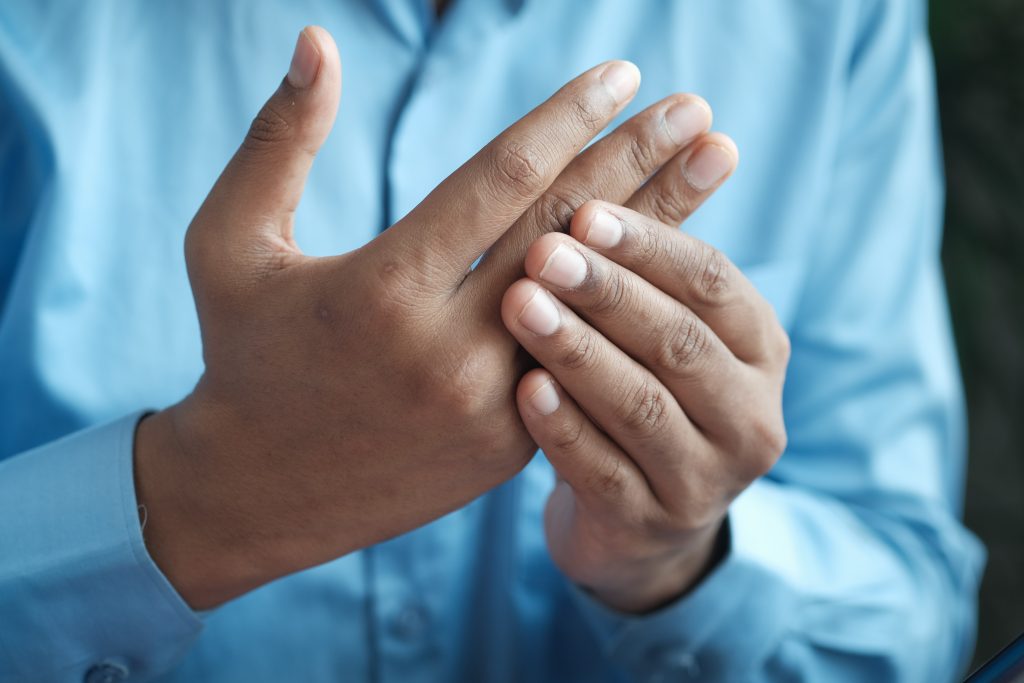It happens all the time. It’s likely even happened to you.
Every year, thousands of Georgia residents are injured because property and business owners fail to keep their premises safe for the public. Bunched carpeting, unmopped spills, poor lighting, and cracked sidewalks can all result in sprains, broken bones, and even brain or spinal cord injuries. These incidents are all premises liability cases, and property owners and managers may be liable for your medical expenses, pain and suffering, and other damages.
Who is Responsible?
When you are injured in someone’s home or on public property, the responsible party is the one who had control or possession of the property at the time you were hurt. It’s not a simple case of identifying who owns the premises. For example, if a landlord leases a storefront property to a tenant who leaves the premises in a state of disrepair, that landlord is not as likely to be held liable, as they did not oversee the daily operations in the store.
Different Visitor Categories
In Georgia, there are three types of visitors to a property, and the level of duty owed to them varies.
- Invitees: These are people who access the premises through direct or explicit invitation. Examples include shoppers in a retail store, drivers in a public parking lot and worshippers attending church.
- Licensees: Like invitees, licensees have the permission of the property owner to be on the premises. Unlike invitees, they are social guests, such as family friends or party guests.
- Trespasser: Trespassers do not have permission to be on the property. Home invaders are a typical example.
Under Georgia law, children receive a higher duty of care. Younger children, in particular, are known to trespass either unintentionally or because an attractive nuisance like a gravel pit or swimming pool enticed them. As a result, children injured after trespassing are more likely to be compensated.
Duties to Invitees and Licensees
Property owners and managers in Georgia have a duty of care to those who legally access their property. Part of this duty is keeping their premises in a reasonably safe condition. This means they have to either:
- Take reasonable steps to identify dangers on the premises and repair them once discovered OR
- Warn people who come on onto the property about any known dangers
If you slip on spilled mop water at your favorite clothing store and break your wrist, you must prove the following to succeed in your claim against the owner or manager:
- There was a dangerous condition on the store premises
- The party who had care and control of the premises knew or should have known about the danger
- They did not exercise ordinary care to remove or warn of the danger
- As a result, you were injured
Proving all of these elements can often be difficult. This is where a personal injury lawyer can step in and help you collect evidence of liability.
As an Atlanta injury attorney, Robin Frazer Clark is committed to protecting the rights of visitors and guests who suffer painful injuries on poorly maintained properties. She has years of experience in Georgia premises liability law and will help you pursue both compensation and justice. Contact us or call 404.873.3700 today for a free and confidential consultation. Let us be your voice during this troubling and traumatic time.
 Atlanta Injury Lawyer Blog
Atlanta Injury Lawyer Blog













